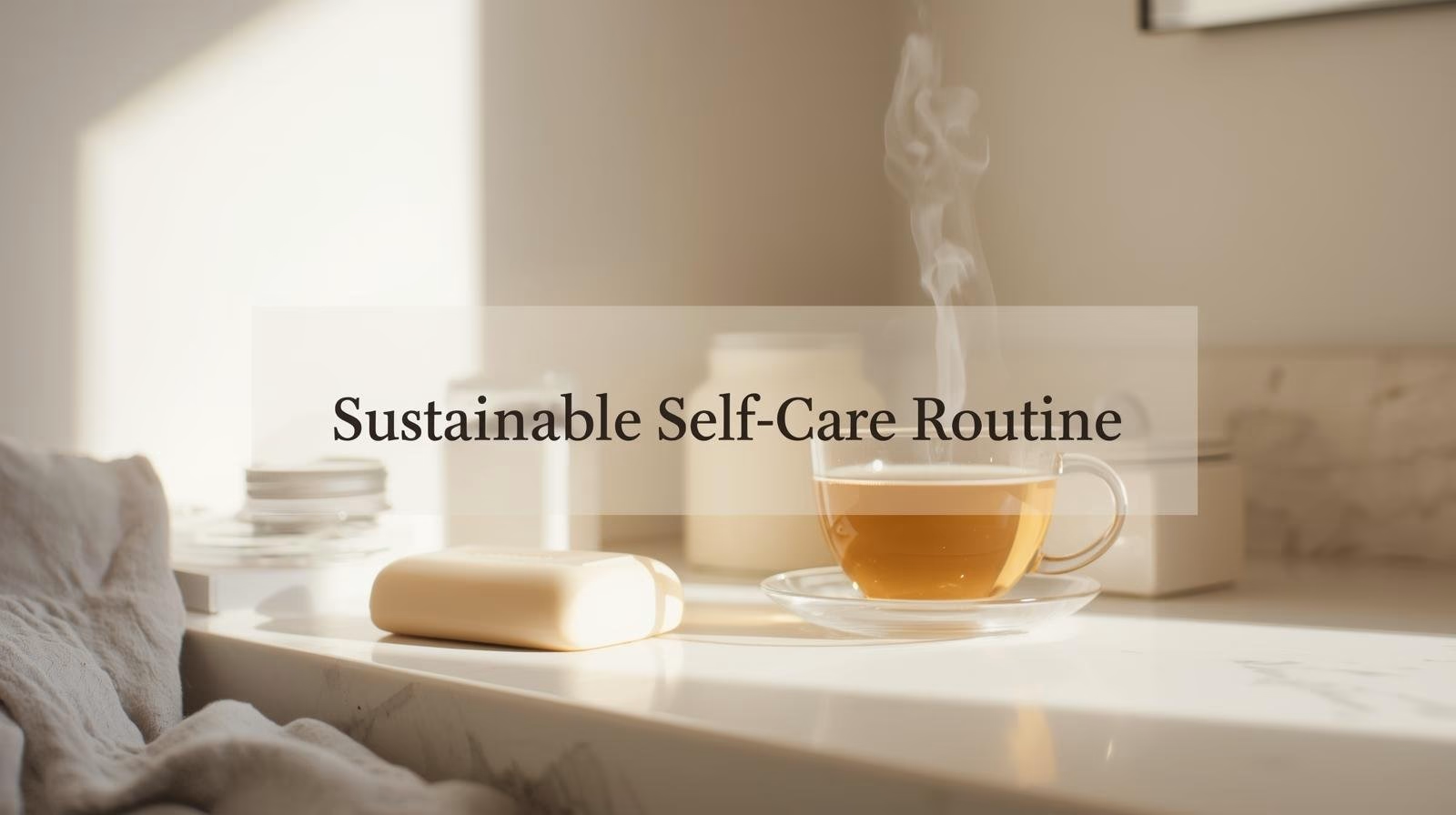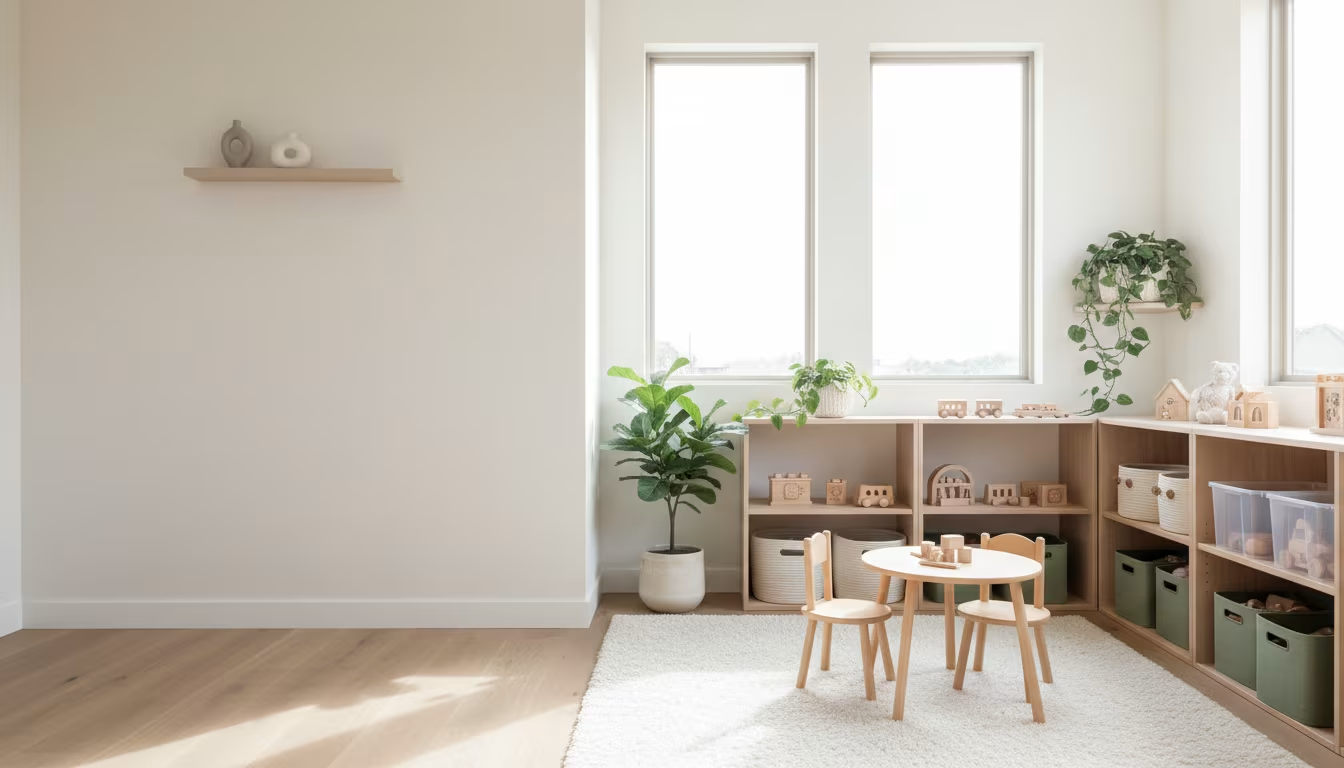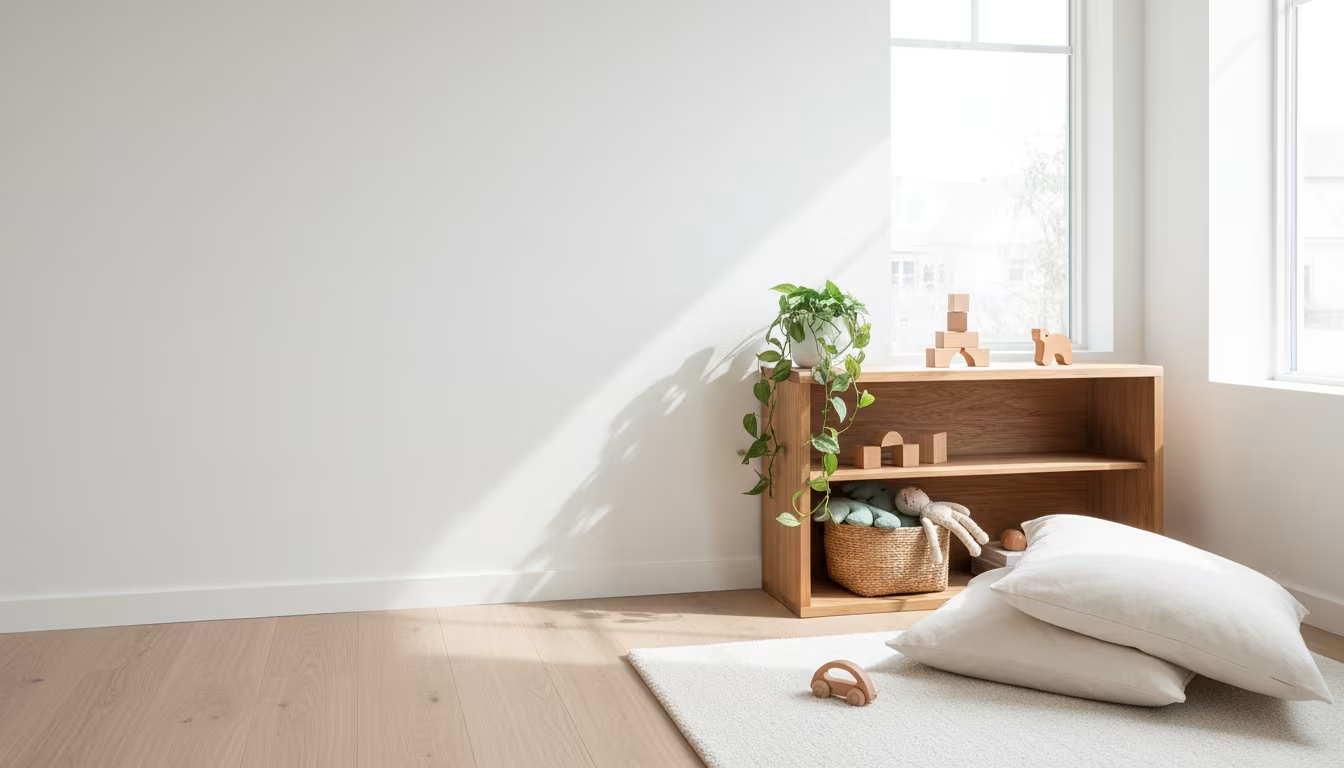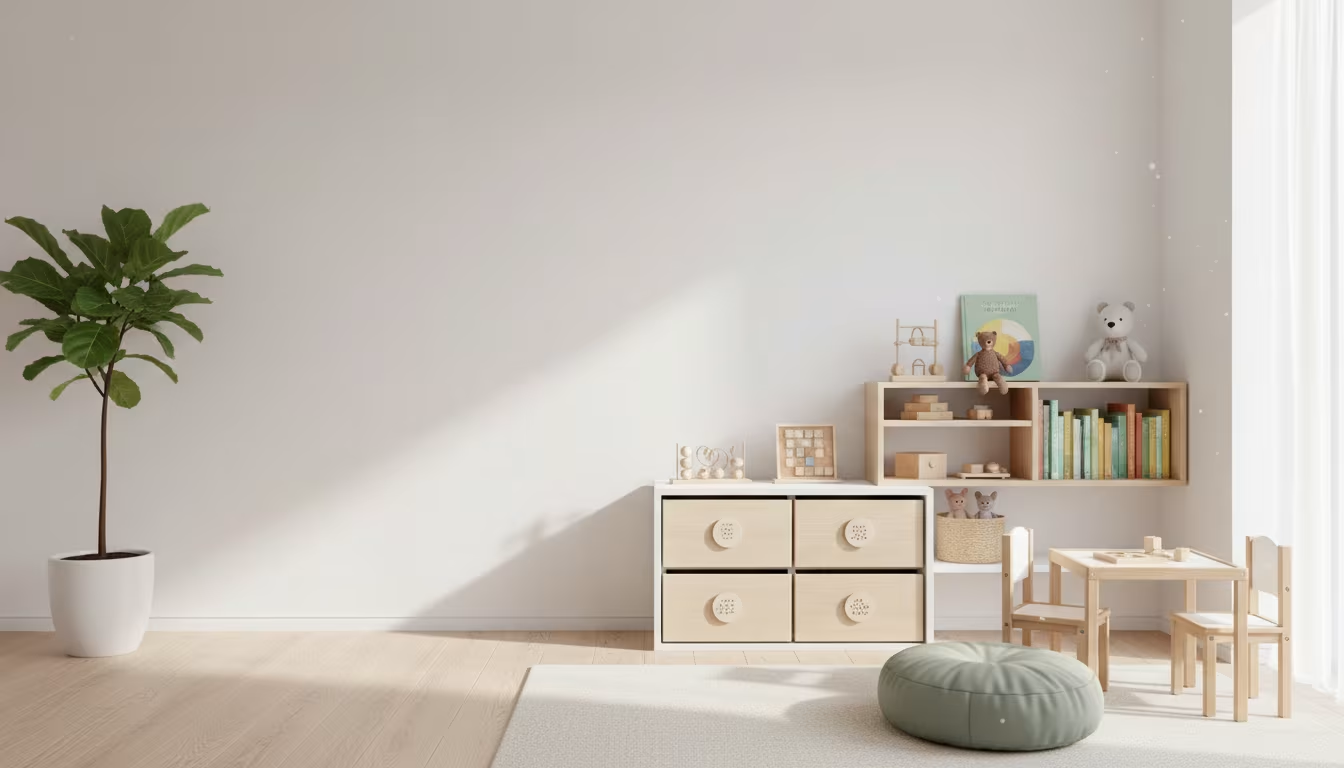People often envision lavish spa days, luxurious skincare items, and awesome getaways when they hear self-care. The truth is, real self-care doesn't need to cost hundreds of dollars or create heaps of plastic bottles.
Creating habits that look after you and the planet, a sustainable self-care routine helps you care for yourself without compromising the earth. This is inexpensive, eco-friendly, and much better than a store-bought quick-fix.
Let us look at how to create a nourishing, long-term, and budget-friendly self-care routine.
Why Choose Sustainable Self-care?
- Save Money: Natural, DIY, and reusable options last longer.
- Less packaging and single-use plastics are better for the planet.
- Try not to use strong chemicals and smelly things.
- Living with intention means caring for yourself with less and more.
👉 Similar to the 21 Clutter Items You Can Toss Guilt-Free Right Now, which helps you ditch unnecessary junk, sustainable self-care is about removing excess and focusing on essentials.
Step 1: Declutter Your Products
How many half-used bottles are in your bathroom? We have more lotions and scrubs than we ever find time to use.
Smart Moves:
- Keep only what you love and actually use.
- Use leftover hair conditioner as a shaving cream or leftover oils as a moisturizer.
- Donate unopened products to shelters.
- Make a simple self-care basket with 5-6 essentials.
👉 This is similar to the Declutter 21 Things With No Emotional Effort - simple, no-guilt decisions.
Step 2: Create a Skincare Routine That is Plastic-free
You don't need a dozen bottles. Simplicity works—and lasts longer.
Eco Swaps:
- Bar soap or cleansing bars instead of bottled washes.
- Refillable glass jars for moisturizers.
- Reusable cotton rounds instead of disposable wipes.
- DIY face scrubs (sugar + honey, oats + yogurt).
Stick to one multipurpose item. For instance, coconut oil works for hair, skin, and nails.
Step 3: Making Spa Treatments Cheap
Self-care doesn't have to mean expensive spa days.
Budget-Friendly Ideas:
- Soak your foot in hot water with the Epsom salt plus Lavender.
- A body scrub made from coffee and olive oil.
- You can make this steam facial by mixing hot water with a chamomile tea bag.
- Light a candle and play some calming music to create a spa-like environment in your home.
Step 4: Morning and Evening Habits That Foster Mindfulness
Self-care is not a once-a-year splurge; it's a daily ritual.
Morning Rituals:
- Stretch for 5 minutes.
- Drink lemon water.
- Journal 3 lines of gratitude.
Evening Rituals:
- Herbal tea instead of wine.
- Digital detox 30 minutes before bed.
- Quick tidy-up for a calmer space.
👉 Following simple bedtime habits of Digital Detox from your smartphone helps you overcome stress, anxiety, and rest more deeply every night.
Step 5: Nature as Self-care
Some of the best self-care is free of charge.
- Walks outside in fresh air.
- Gardening or tending houseplants.
- Sunlight exposure for vitamin D.
- Earthing—barefoot on grass or sand.
Taking a break from the routine and spending time outside for just 10 minutes can help reset your mood completely.
Extra Hacks & Tricks for Sustainable Self-care
- Homemade herbal sprays made of Lavender, water, and vinegar for room mist.
- It is essential to take care of yourself. Let's start with ourselves in the kitchen. Meal Prep = Self-Care. Nourishing yourself with a simple lunch is worth more than a $20 face mask. See the Minimalist Meal Planning Guide for inspiration.
- You can thrift cozy blankets, candles, or yoga mats for comfort.
- Learn to say 'no' for self-care to control your time boundaries.
❓ Faq: Sustainable Self-care
What are some self-care habits that cost nothing and boost your well-being?
How do I switch to eco-friendly beauty without wasting the products I already have?
What are the top budget-friendly homemade scrub and mask recipes for self-care?
How can I create more eco-friendly care products in my small apartment with little storage?
Is it possible for a self-care routine to fight stress and burnout?
What affordable, eco-friendly skincare swaps should I start with?
How can I create a spa-like experience at home on a budget?
Building a sustainable self-care routine: Is it worth investing in?
During the night, what sustainable self-care rituals can I do if I only have 10 minutes?
What are some clean ways I can pamper myself that won't clutter my home?
Can I implement sustainable self-care if eco stores are out of reach?
What are some affordable, eco-friendly self-care products today?
Can you take care of yourself without spending anything at all?
How can I get my family involved in sustainable self-care?
What Is The Biggest Mistake People Make In Trying To Have a Sustainable Self-Care Routine?
✨ Final Thoughts
Choosing costly doesn't mean they're good for you, right? When you practice simple, affordable, and sustainable habits, you not only take care of yourself, but also the planet!
The best part? You will feel lighter and calmer and much more in control of yourself, without wasting money and cluttering up your bathroom.
Take one step this week—whether that's switching from a plastic bottle to bar soap, journaling before bed, or taking a walk outside. Small habits build into big transformations.



